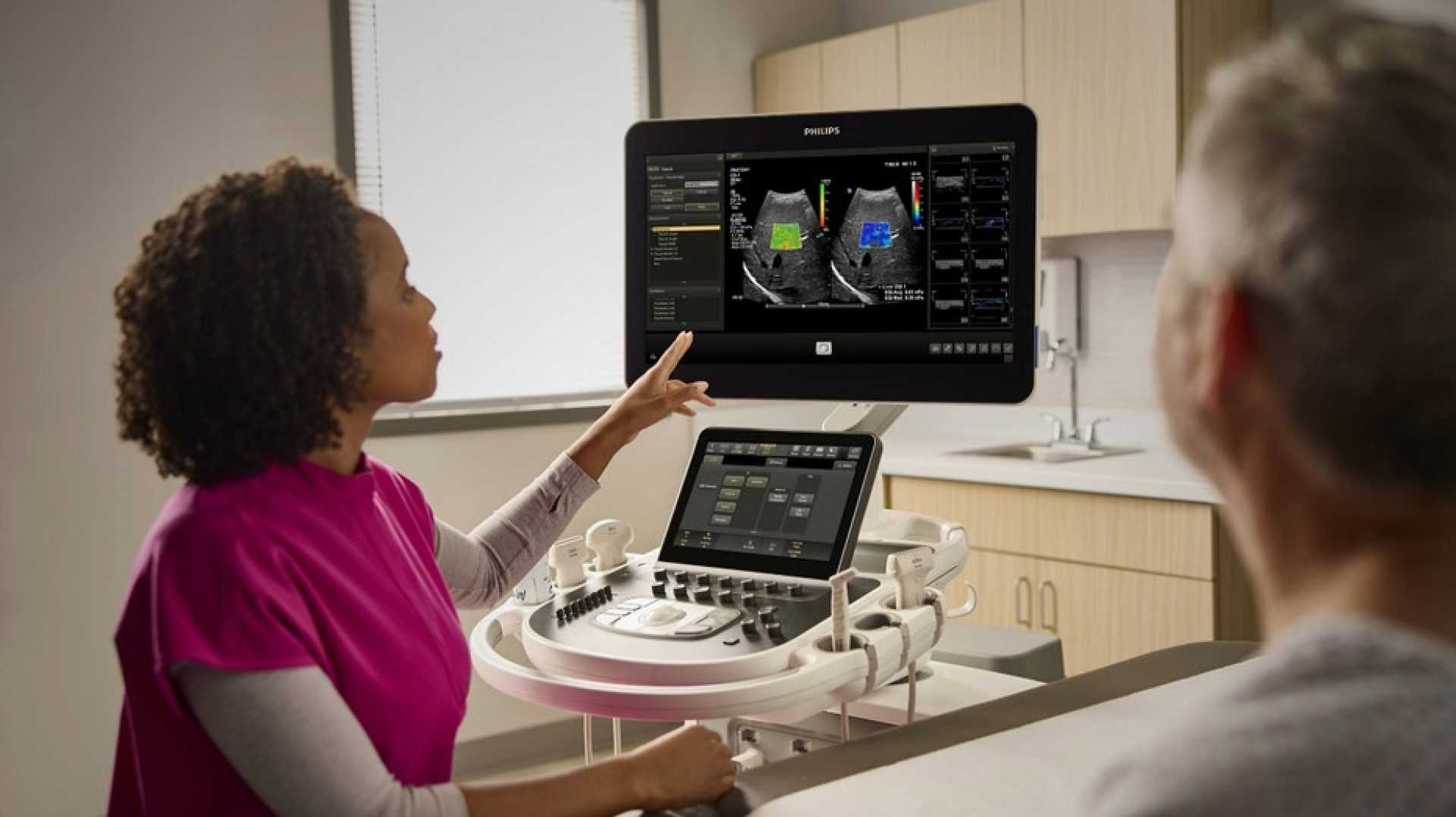Business
Philips Invests $150 Million in U.S. Manufacturing Expansion

REEDSVILLE, Pa. — Philips plans to invest over $150 million in its U.S. manufacturing and research facilities, significantly expanding its production of AI-powered health technology. This investment aligns with ongoing efforts to strengthen domestic manufacturing and reduce reliance on foreign goods.
The company announced the investment during a report from FOX Business correspondent Lauren Simonetti at Lincoln Technical Institute. The funding will support the expansion of Philips’ manufacturing facility in Reedsville, Pennsylvania, which produces AI-enabled ultrasound systems for hospitals, and a new image-guided therapy facility in Plymouth, Minnesota.
Philips North America chief region leader Jeff DiLullo emphasized the company’s commitment to the U.S., stating, “Increasing our manufacturing and R&D capabilities will create jobs and accelerate our ability to deliver better care for more people with innovative AI-enabled solutions.”
This latest round of funding adds to Philips’ existing $900 million annual investment in research and development within the United States. The company has a workforce of nearly 17,000 employees across 40 facilities, serving 90% of hospitals nationwide.
At the Reedsville site, the expansion will allow for customized software configurations for ultrasound systems used in various clinical procedures, including cardiovascular and maternal care. It is expected to create about 120 skilled manufacturing jobs.
Additionally, the Plymouth facility will include a new medtech training center, anticipated to create over 150 new jobs. The expansion reflects the broader trend of companies moving towards domestic manufacturing, influenced by international tariffs and local job creation.
The Trump administration has prioritized reshaping global trade norms, urging businesses to reshore jobs. With over $8 trillion pledged since the 2016 election, leaders argue that this is a significant private sector response.
However, economists warn of challenges including high labor costs and a shortage of skilled workers that could delay this shift. Michael Szanto noted that while reshoring manufacturing is a “worthy goal,” it will take time and effort to overcome these obstacles.
Despite the challenges, expert Julio Gonzalez stated that tariffs are proving effective in revitalizing American communities impacted by the loss of manufacturing jobs and emphasized potential benefits from improved automation and robotics.












